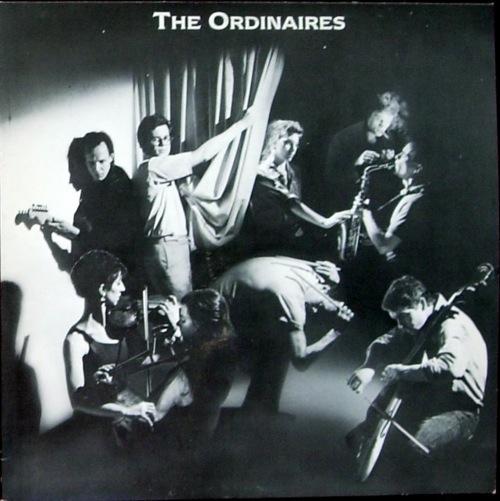360 Staff Pick: The Original Crossover Act
Last weekend Kurt interviewed Owen Pallett, a violinist who makes indie-electro-classical-pop, either as a one-man band or with a live orchestra. This weekend, one of Brooklyn’s coolest clubs hosted Miracles of Modern Science, who play violin, cello, mandolin, and double bass, and cite Tears for Fears as their main influence. Last year, we had Bell Orchestre, Canadian indie-rockers who make big, full-bodied instrumental compositions that have just about nothing to do with indie rock.
These bands aren’t music-school nerds — they’re the cutting edge, and the smart money says “crossover” is no longer a dirty word. Who would have thought that instead of helping to kill chamber music, rock might save it?
The unsung heroes of this movement are The Ordinaires. How unsung? Dude, they don’t even have a Wikipedia page. They were a nine-piece, gender-balanced group of strings, guitar, saxes, and drums that played instrumental songs in the smelly little clubs that tolerated the new-music scene of the 1980s.
Rock bands had dabbled in classical music, and chamber groups had covered classic rock. The thing with The Ordinaires is you didn’t know what they were: rock band assaying chamber music? Conservatory kids slumming? They didn’t always stay in tune, but they were a thing all their own, and they found a liminal ground that another generation is just now getting around to exploring. And P.S.: their “Kashmir” [see arty-doofy video] puts Kronos Quartet’s “Purple Haze” to shame.
